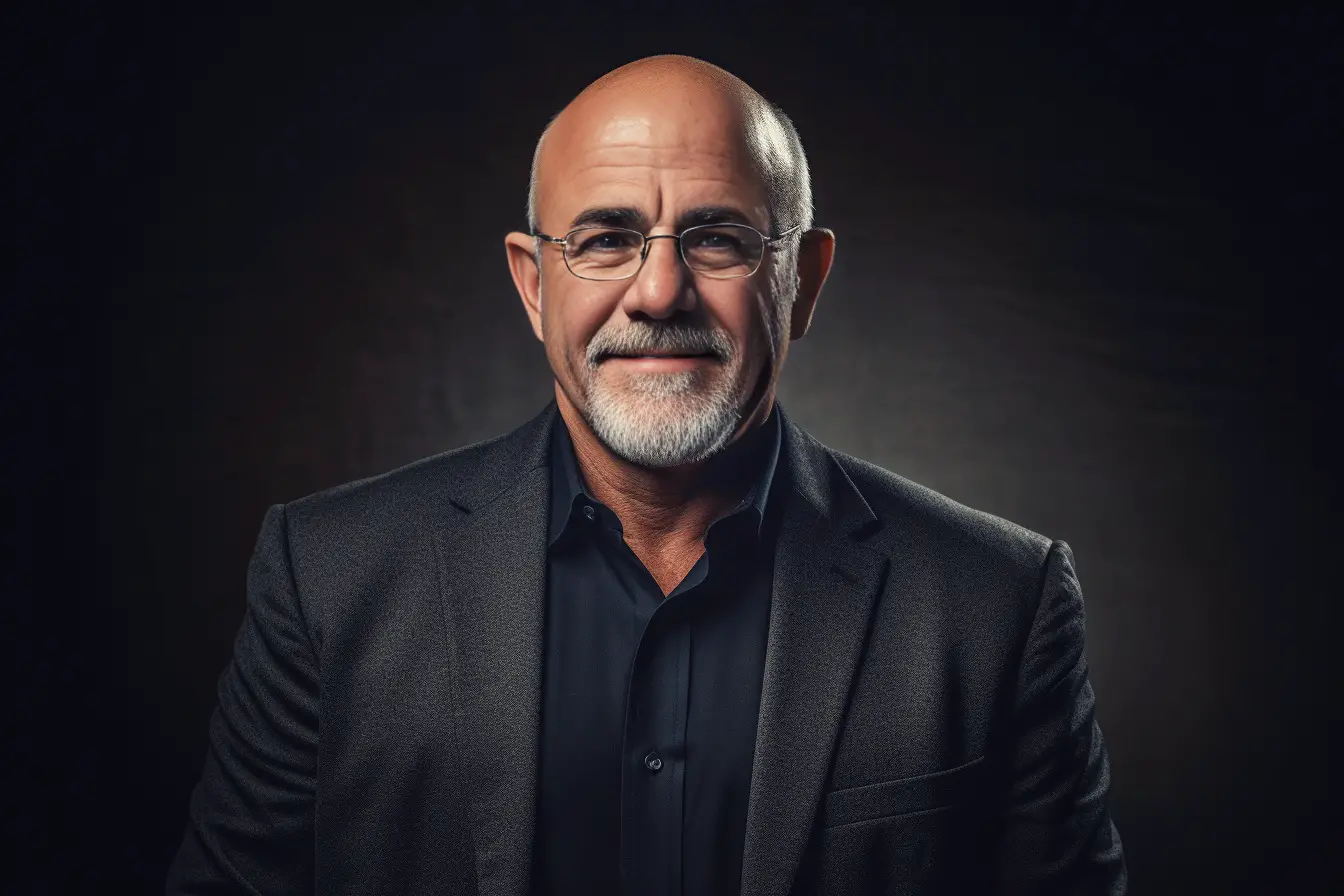“POOR is a state of mind. BROKE is…’ I’m just passing through.” – Dave Ramsey
In a world where financial independence and frugal living are increasingly crucial, understanding where your money goes is more important than ever. Renowned personal finance expert Dave Ramsey has long been a guiding light for those seeking to escape the pitfalls of poor financial habits. His teachings illuminate common areas where unnecessary spending occurs and offer a blueprint for a more secure financial future.
Exploring Ramsey’s insights, we delve into 25 everyday expenditures that can hinder financial progress, particularly for those striving to live more frugally and achieve financial independence by 2024.
Here’s a list of Dave Ramsey’s 25 things poor people waste money on, ordered from most expensive to least expensive in terms of long-term cost:
- New Cars: Due to rapid depreciation and financing costs.
- Buying a House You Can’t Afford: That’s called being house-poor.
- Expensive Vacations: The total cost, including travel, accommodation, and activities, can be substantial.
- Furniture on Credit: Interest on credit purchases adds up over time.
- High-Cost Mobile Service Plans: Overpriced plans over several years can become a significant expense.
- Unused Gym Memberships: Monthly fees over time without utilization.
- High-Interest Credit Cards: Accumulating interest can make these debts very costly.
- Alcohol and Cigarettes: Regular consumption leads to significant long-term costs.
- Expensive Cable Packages: Monthly fees add up over the years.
- Designer Baby Clothes: High initial cost for items with short usage periods.
- Trendy Clothes: Constantly update your wardrobe to keep up with fashion trends.
- High-End Makeup: Premium brands can be significantly more expensive over time.
- Premade Meals: Regularly opting for convenience over home cooking.
- Unnecessary Tech Upgrades: Frequent replacements and upgrades of gadgets.
- Expensive Coffees: Daily purchases accumulate over time.
- Lottery Tickets: Regular spending with little to no return.
- Brand Name Groceries: Higher cost compared to store brands over time.
- Paying for Convenience: This includes delivery fees and convenience store markups.
- Fast Fashion: Frequent replacement due to lower quality.
- Subscriptions You Don’t Use: Monthly fees for unused services.
- Impulsive Purchases: These can vary, but frequent impulse buying adds up.
- Excessive Gifting: The cost depends on the frequency and value of gifts.
- Expensive Beauty Treatments: Regular high-end treatments can be costly.
- Neglecting Preventative Healthcare: Can lead to higher medical costs in the long run.
- Extended Warranties: These are often unnecessary and add additional costs for products.
This list is organized considering the long-term financial impact of each item. Significant costs like cars, homes, and vacations naturally tend to have a more critical economic footprint over time.
Regular, more minor expenses, such as coffee or makeup, can also accumulate to become substantial costs. The crucial takeaway from Dave Ramsey’s perspective is the importance of mindful spending, using a budget, and avoiding unnecessary expenses to achieve financial independence.
